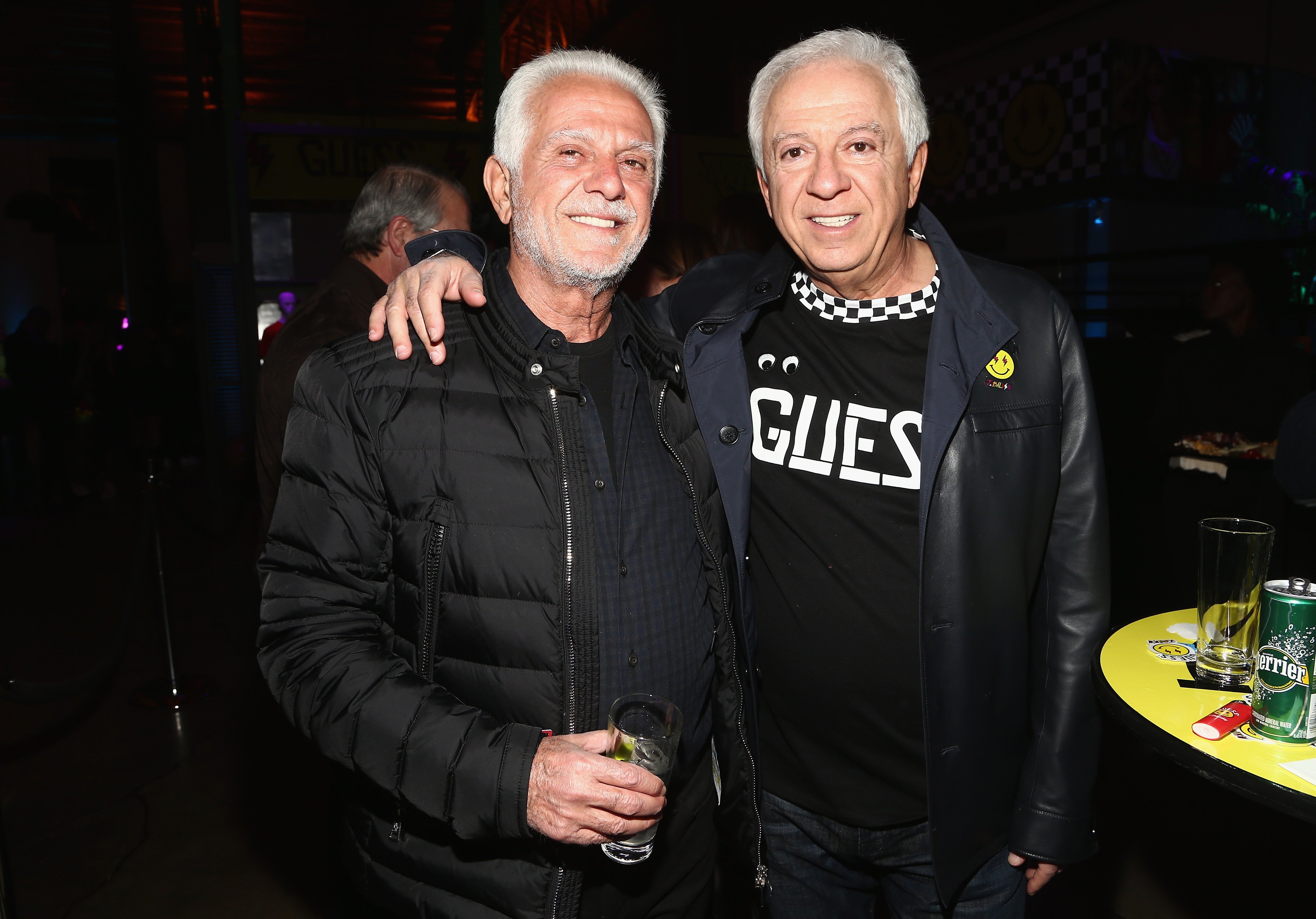
In early November, employees of the Marciano Art Foundation (MAF), which opened in 2017, received a nightmarish email: the private art collection, housed in a 90,000-foot Masonic Lodge in the Miracle Mile neighborhood of Los Angeles, was closing. The announcement came just days after employees had advised the foundation of plans to unionize. The museum cited low attendance as the reason for its closure.
Many were quick to note that the timing of the certainly seemed suspicious—and the visitor services associates of the now-shuttered MAF, along with the union they were seeking to join, AFSCME District Council 36, are not letting the Marciano brothers off easy. After a series of demonstrations around the city, the group is planning a new action a week from now—during Black Friday events at Guess clothing stores nationwide—to educate consumers about the sudden closing of the private art collection and its allegedly illegal union-busting practices.
This action comes after picketers protested outside Santa Monica store Wally’s Wine & Spirits, which the Marcianos own and where they were hosting a $400-a-plate dinner on Tuesday night; and at LAXART, on whose board Olivia Marciano, the foundation’s former artistic director, sits (LAXART’s director Hamza Walker has promised the organization will “look into” the situation).
The action slated for Guess stores on Black Friday will be similar, according to organizers. “We’re not asking them to not shop at Guess on Black Friday,” says Ling Esangga, an organizing director at AFSCME District Council 36, which also represents the employees at Los Angeles’s Museum of Tolerance. “We’re just educating the people shopping at Guess, and letting them know that just because the Marcianos are billionaires, they’re not above the law.”
The former MAF workers have been bolstered by the involvement of AFSCME District Council 36, a local branch of the American Federation of State, County and Municipal Employees, and one of the most powerful labor unions in the United States. AFSCME filed charges on behalf of the MAF workers with the National Labor Relations Board earlier this month.
Esangga says this isn’t the first time the Marcianos have come under fire for labor practices. In the 1990s, she notes, the brothers were accused of employing sweatshop labor, going so far as to move factories to Mexico when employees spoke up about unfair labor practices. In 1992, they were hit by a lawsuit from the Department of Labor stating they were failing to pay employees minimum wage and overtime. And in 1997, Guess Jeans was forced to re-hire 20 employees who levied claims that Guess had fired them in retaliation for attempting to organize a union.
Exterior of the Marciano Art Foundation. Photo by Julian Calero.
Esangga also challenges the foundation’s claim that its closure was due to low attendance. “They didn’t shut it down until the workers announced their plan to unionize,” she says. “They had exhibitions planned through 2020.”
Esangga says that beyond allegedly illegal union-busting tactics, the Marcianos might be in violation of a few different labor laws, including the WARN Act, which states that companies have to provide 60 calendar-day advance warning of mass layoffs or company closings. (In California, the law applies to employers with more than 50 employees; MAF laid off approximately 70 visitor services associates after they had stated they were planning to unionize.)
The demonstrators’ hope is that the Labor Relations Board complaint, as well as the protests at Guess stores and elsewhere, will spur the Marcianos to respond. So far, they have remained silent. Artnet News reached out to the Marciano Art Foundation but did not receive a response. The MAF’s director Jamie Goldblatt Manné resigned in March, leaving the two Marciano brothers to solely operate the nonprofit, which does not have a board, officers, or trustees.
“We’re targeting nationwide, with people handing out literature about what’s going on,” Esangga says. “The intent is to send a message to the Marcianos.”